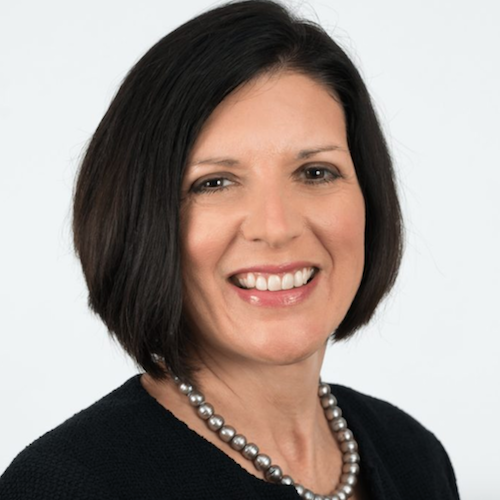
When it comes to COVID-19, Brookdale President and CEO Lucinda “Cindy” Baier said, shareholders and potential investors typically want to hear about four areas: protocols and progress on COVID-19 testing of residents and associates, the sales cycle and the curve on move-ins and move-outs, costs related to COVID-19, and government relief.
Baier addressed all four areas in a presentation Wednesday at the Jefferies Virtual Healthcare Conference, including sharing that she expects pandemic-related expenses to reach $50 million for a full quarter.
Approach to COVID-19 testing
Given the ability of asymptomatic individuals to transmit the virus, Baier said Brookdale proactively began a phased resident and associate testing program in collaboration with local health agencies. She said the company used the Centers for Disease Control and Prevention’s guidance for testing in nursing homes as a model to develop its own testing approach for its assisted living and memory care communities.
The company prioritizes testing in communities with suspected or confirmed cases of the virus, seeking assistance from state and local health departments or the National Guard. Where that help is available, testing already has begun or is being scheduled.
If that path is unavailable or within Brookdale’s “accelerated time frame,” then the company pursued private testing options through laboratories approved for COVID-19 testing. Test result turnaround times have been 48 to 72 hours, she said.
“To find viable options across 45 states where we operate is evidence that size and scale is being used to our advantage,” Baier said, adding that trained Brookdale nurses and other trained healthcare providers are conducting the testing within communities.
To date, Brookdale has tested residents and employees in more than one-third of its communities — as of May 5, the company had 741 communities, according to an investor presentation posted on the company website. Of the communities that have completed testing, just more than a quarter were done through government assistance. As of last week, only 1.5% of Brookdale’s residents have tested positive, affecting 15% of its communities.
“Given that testing identifies symptomatic and, more importantly, asymptomatic carriers of the virus, testing will help us identify individuals that have COVID-19 but have no idea that they were infected,” Baier said. “Our belief is that testing will allow us to better understand how our protocols are working and to look for opportunities for improvement. We are also hopeful that testing will allow us to minimize the period that a community has a COVID-19 exposure, improving the protection of our residents and associates, and accelerating our ability to move in our new residents.”
Sales cycle
Brookdale hosted a virtual sales rally two weeks ago with about 1,800 sales associates, community executives and other regional and local leaders to focus on moving the business forward, the CEO said. The goal was to be ready to improve occupancy in communities where testing showed no COVID-19 cases.
“It’s a volatile world right now, with rapidly changing circumstances and challenges,” Baier said.
“Looking a little farther out, once rapid testing is widely available and to the extent that we can test visitors, it will give us an easier way to open communities,” she said. “Families want to be able to see their loved one within our communities, not just through the window or phone visits.”
Brookdale already is allowing move-ins to its communities as long as new residents can self-isolate for 14 days, Baier said.
COVID-19 costs
“Frontline preparation, prevention and control efforts are a significant component of the battle to crush COVID-19,” Baier said.
As noted during its first-quarter earnings call, the company initially spent $10 million on COVID-19-related personal protective equipment, cleaning and sanitation supplies. Baier said she expects pandemic expenses to be at $50 million for a full quarter.
Brookdale found “effective cohorting” to be one of the most important aspects of preventing the spread of the virus. Baier said the company identified local settings, including hospitals and other facilities that specialize in handling COVID-19-positive cases, to place residents who contract the virus and limit the effect on its communities.
Government relief
Although Brookdale has received federal government support for its skilled nursing, home health and hospice businesses, it is still waiting for relief for its assisted living and memory care businesses, Baier said, adding that it is “encouraging that the government is continuing to work on distributing funds.”
The company has accepted $29 million in grants from the public health and social services emergency fund that do not need to be repaid, she said, and it expects to receive another $5 million in funding for its skilled nursing business.
“We are working hard to get some government support for the lost revenues and incremental costs that we as operators are incurring,” Baier said. “Senior living has played a critical role on the front lines protecting the most vulnerable population. We believe there is strong evidence of congressional intent that senior living operators receive funding from the Health and Human Services fund.”
Baier ended her presentation with a series of videos showcasing how Brookdale has communicated with residents, patients and employees about its “comprehensive response to the crisis.” The videos, she said, have earned nearly 95,000 views. She added the company regularly communicates through a variety of formats, including emails, letters and Zoom meetings.


